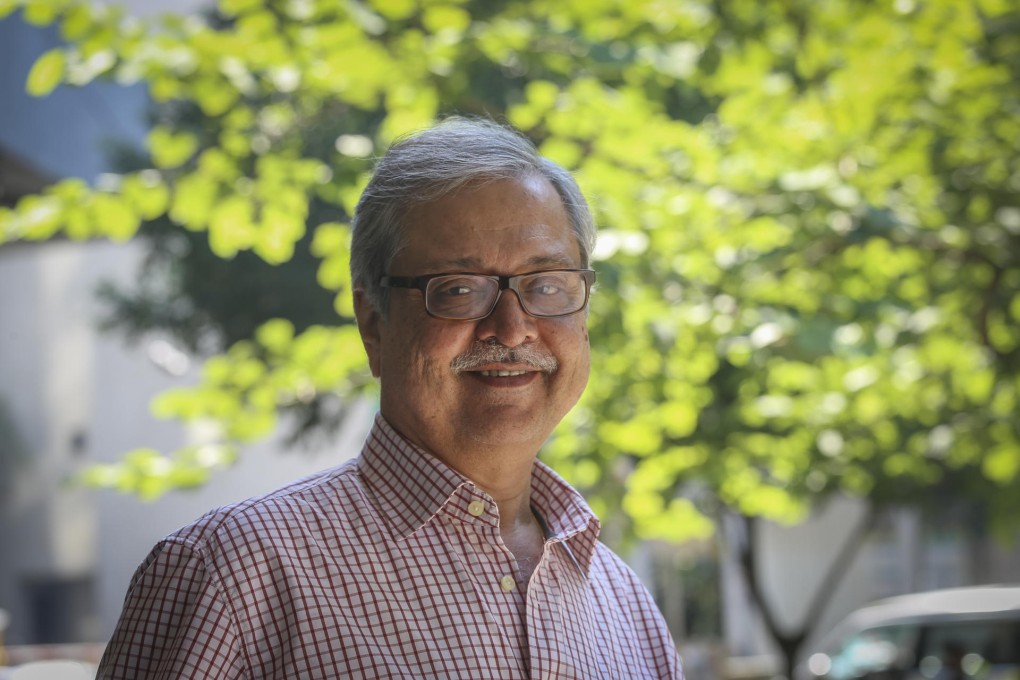Why must degrees be useful, India's Ashoka University asks
Institution recently set up in New Delhi has raised the bar on liberal arts studies in India, where, its vice-chancellor says, 'many IT people suffer from tunnel vision'.

India has no shortage of technical know-how when it comes to producing IT talent, much of which is scattered around the world. But although higher education in the country is expanding rapidly, there is need for improvement.
Noticing a huge gap in the system, a group of top academics and accomplished alumni from the country have set up India's first liberal arts institution, Ashoka University, to nurture innovators and critical thinkers in a changing economy.
"For a very long time Indian education has been too much driven by utility and usefulness; it emphasises engineering, computer science, and so on. Indian industrialisation needed people trained in those fields," said vice-chancellor Rudrangshu Mukherjee during a visit to Hong Kong last week .
For a very long time Indian education has been too much driven by utility and usefulness
Yet there can be no further delay in nurturing critical thinking and communication skills in a fast-changing society. "That's vital for India's future," says the Oxford-educated historian. "I am sad to say that many IT people suffer from tunnel vision; they are not aware of what's going on elsewhere. They believe the internet can provide all answers [for India's problems]; it cannot. The internet can't make you think."
He is among the 40 faculty at the university set up in 2014 in the north of New Delhi. He and other Indian academics educated abroad have experienced at first hand teaching methods and a learning atmosphere that stands in stark contrast to a culture that emphasises rote learning and memorisation.
A co-founder and trustee of Ashoka, Rahul Mookerjee did his master's at Cornell University after graduating from a top Indian institution. It was in the US that he learned about doing research, critical thinking and writing essays, he recalls. "In India, students rarely explore subjects across disciplines."
At Ashoka, students are required to take foundation courses providing a breadth of knowledge. They constitute half of the 24 courses required for graduation. Mukherjee is teaching one on the history of Indian civilisation. He believes exposure to the past is essential to students' understanding of the vast country with 22 officially recognised languages.
